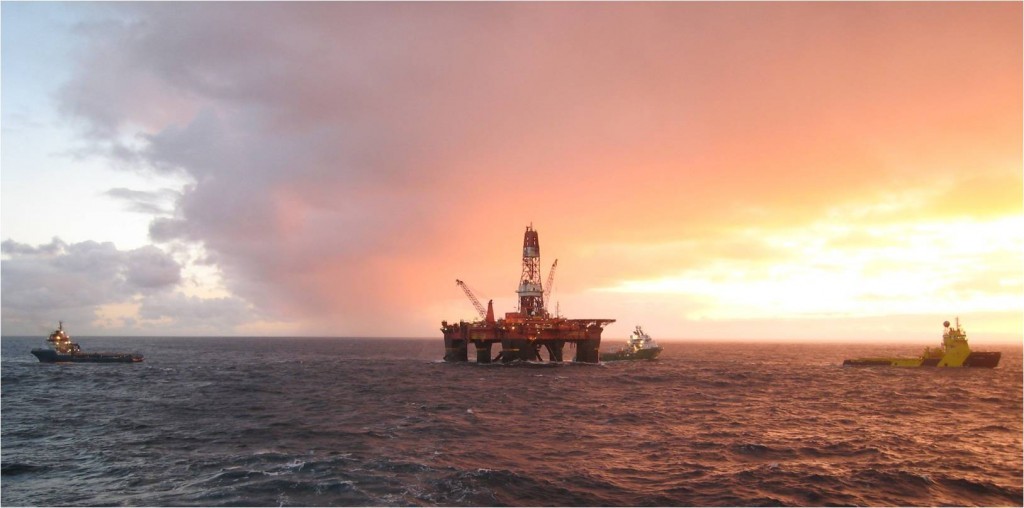
German utility E.ON was staying silent about the future of its North Sea oil and gas interests last night after a report said the company was making plans for an exit.
A spokeswoman said she could not comment on speculation, and there would be no announcement of any kind until the conclusion of a strategic review launched by the firm late last year.
In November, Dusseldorf-based E.ON unveiled plans to split in two and spin off most of its conventional power generation, energy trading and oil and gas exploration and production (E&P).
As part of the restructuring, it said it was mulling the sale of assets in Italy and reviewing options for the North Sea.
The company is thought to have appointed Bank of America Merrill Lynch to find buyers for its UK E&P interests.
In the central North Sea. E.ON E&P is the operator of the Huntington field and has production interests in the Elgin, Franklin, Glenelg, West Franklin, Scoter and Merganser fields.
Southern North Sea assets include operatorship of the Babbage, Johnston, Hunter and Rita producing fields, while the group also hold interests in the third party-operated Caister, Minke and Ravenspurn North fields and the ETS and CMS pipeline systems.
Another southern North Sea field, Orca, is a non-operated asset that is currently under development assessment.
E.ON E&P also has an established presence and exploration licences west of Shetland.
It is thought the North Sea pull-out, with assets sold either as a package or broken into chunks, could deliver a £1billion boost to the company as it refocuses its business.
A report yesterday said potential buyers included Siccar Point Energy, which was recently set up by a team led by former Centrica Energy Upstream boss Jonathan Roger to “unlock value in the North Sea”.
Siccar has a war-chest of more than £330million from private-equity firms Blue Water Energy and Blackstone Energy Partners at its disposal for building E&P stakes.
E.ON’s move comes less than four months after it said a new strategic course would set up its businesses differently, making them viable for the future.
Chief executive Johannes Teyysen said: “We are convinced that it’s necessary to respond to dramatically altered global energy markets, technical innovation, and more diverse customer expectations with a bold new beginning.
“E.ON’s existing broad business model can no longer properly address these new challenges.”
Germany’s RWE, France’s Total, Anglo-Dutch giant Shell and US firm ConocoPhillips are among other firms which have either already sold or are currently mulling options for assets in the North Sea.
EnQuest is thought to be offering a stake of up to 20% in Kraken, while Dana Petroleum is reportedly looking to sell a share in its Western Isles development project as assets worth billions of pounds go on the market.
